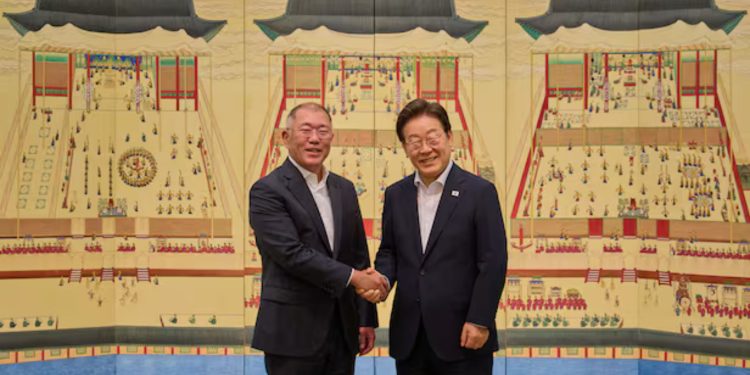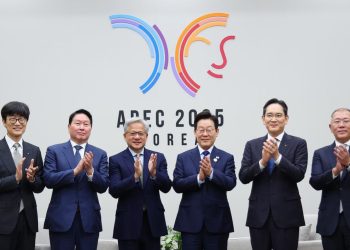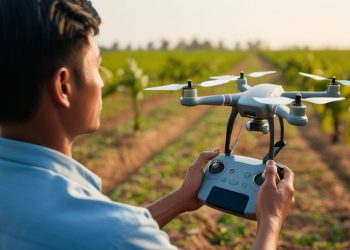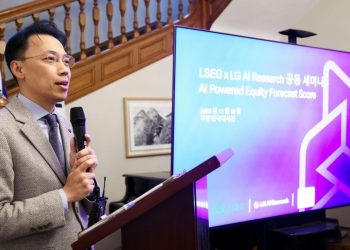South Korean President Lee Jae-myung recently met with top executives from Hyundai Motor Group and LG Group to discuss key business challenges and international trade conditions. According to the presidential office, President Lee held separate dinner meetings earlier this week—first with Hyundai Motor Group Chairman Chung Eui-sun on Monday, followed by LG Group Chairman Koo Kwang-mo on Tuesday.
The gatherings took place at the president’s official residence in Hannam-dong, focusing on strengthening cooperation between the government and major corporations. Topics included U.S. trade relations, overseas investment plans, and support for research and development. These meetings mark President Lee’s first one-on-one engagement with corporate leaders since his previous session with top economic groups last month.
According to presidential spokesperson Kang Yoo-jung, the discussions were candid and constructive, with the president emphasizing the need for a collaborative approach between the government and the private sector in facing shared challenges.
The timing of these meetings is significant, coming just weeks before the United States plans to impose new 25% tariffs on Korean imports starting August 1. The announcement by U.S. President Donald Trump has heightened uncertainty for Korean exporters, particularly in the automotive and electronics sectors, which have already been hit by earlier rounds of tariffs introduced in April and May.
Hyundai and Kia are expected to post sharp declines in second-quarter operating profits due to the tariff impact, while LG Electronics reported that its earnings were nearly halved during the same period. Exports of finished vehicles, Korea’s top export to the U.S., dropped over 27% year-on-year in May, while auto parts also saw a notable decline. Appliance makers are similarly struggling, with U.S. duties of up to 50% affecting products like washing machines and refrigerators.
In response, Hyundai Motor Group announced a $21 billion investment plan to boost its U.S. presence. The group intends to expand production at its Metaplant America facility in Georgia and build a new steel mill in Louisiana, enabling full vehicle manufacturing from raw materials to assembly within the U.S. LG is also considering an expansion of its home appliance plant in Tennessee, while LG Energy Solution and LG Chem plan to grow their battery and material operations. SK Group is eyeing a project to develop and import liquefied natural gas from Alaska.
These developments come amid growing pressure on Korean firms from both foreign trade actions and domestic regulations. Earlier this month, the National Assembly passed a bill to strengthen protections for minority shareholders, a move that faced opposition from large business groups. Lawmakers are also considering a rule to mandate the cancellation of treasury shares to boost stock market activity.
President Lee’s recent engagements reflect a broader policy shift toward closer coordination between government and corporations. He has pledged to keep an open channel with businesses and to pursue what he calls a “one team” approach—where the public and private sectors align their strategies to ensure national economic stability and growth. His earlier meeting with the heads of the five major conglomerates underscored the same commitment.
Looking ahead, key members of President Lee’s economic and trade team are expected to travel to the U.S. for high-level consultations aimed at easing trade tensions. Officials are reportedly preparing a negotiation package that includes expanded investments, industrial cooperation, and adjustments to defense cost-sharing. The government is also exploring regional revitalization initiatives, including the development of renewable energy-based industrial zones outside the capital area, to spread economic growth more evenly across the country.
Image credits: President Office







